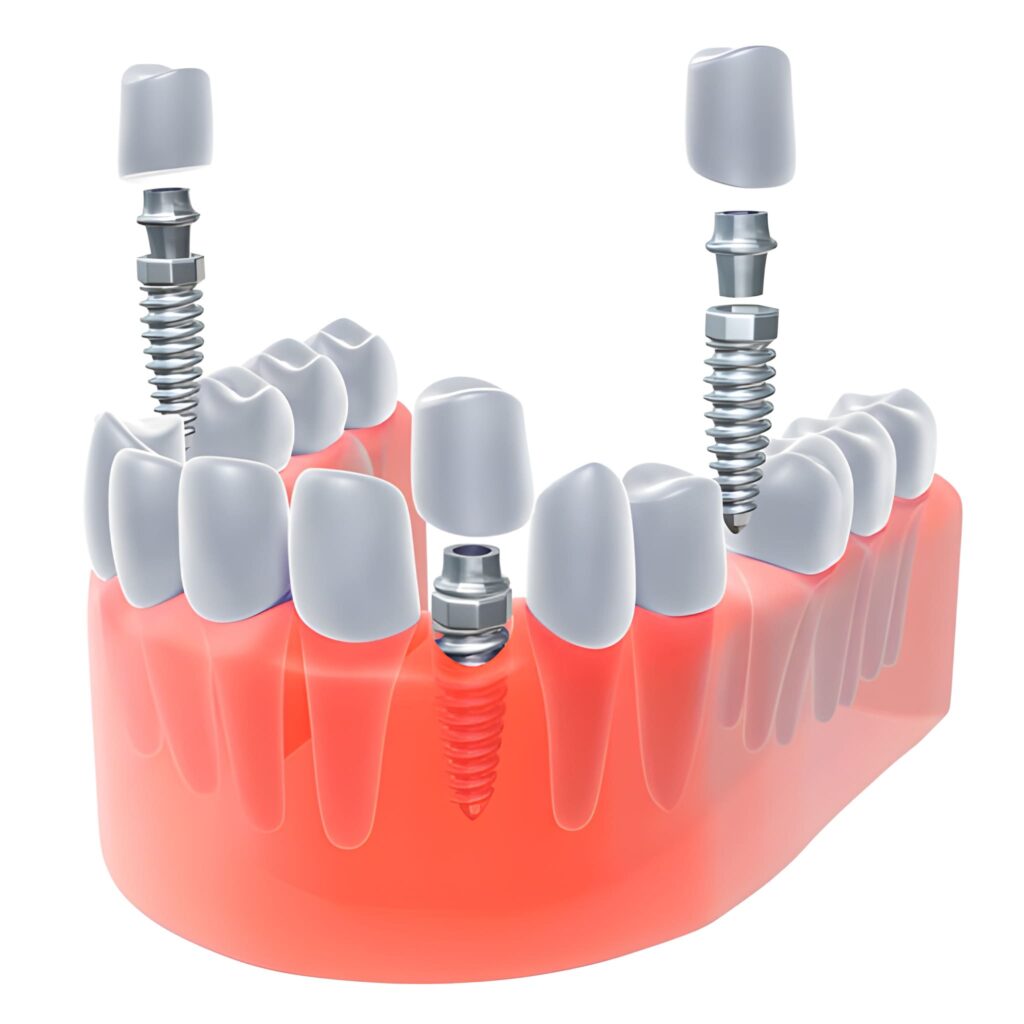Composite bonding is a popular cosmetic dental treatment that helps restore the appearance of your teeth. Many people choose composite bonding to fix chipped, cracked, or discoloured teeth. But if you’re considering getting this treatment, you may wonder how certain habits—like drinking alcohol—could affect the longevity and effectiveness of the bonding material. In this article, we will explore whether alcohol impacts composite bonding and how to take care of your smile after treatment.
What Is Composite Bonding?
Composite bonding is a dental procedure that involves applying a tooth-coloured resin to your teeth. The resin is shaped to match the natural contours of your teeth and is then hardened using a special light. This treatment is minimally invasive and is an excellent option for improving the appearance of your teeth. Composite bonding can address issues such as:
- Chipped or broken teeth
- Gaps between teeth
- Discolouration
It’s a relatively quick procedure and can usually be completed in a single visit to the dentist.
How Alcohol Affects Your Teeth
To understand the potential impact of alcohol on composite bonding, it’s important to first look at how alcohol affects your teeth. Alcohol can be harmful to your oral health in several ways:
- Dry Mouth: Alcohol can reduce saliva production, leading to dry mouth. Saliva helps neutralise acids in your mouth and wash away food particles, so when you have less saliva, your mouth is more vulnerable to tooth decay and plaque buildup.
- Acidity: Many alcoholic drinks, especially cocktails and wines, are acidic. These acids can erode tooth enamel over time, making your teeth more sensitive and prone to damage.
- Staining: Dark alcoholic drinks, such as red wine, can stain your teeth. This can affect the appearance of both natural teeth and composite bonding material, especially since the resin used in bonding is porous.
Does Alcohol Affect Composite Bonding?
Now that we understand how alcohol affects your teeth, let’s look at whether it impacts composite bonding.
- Potential for Discolouration: While composite bonding is designed to resist staining to some extent, drinking alcohol—particularly red wine or dark beer—can lead to discolouration over time. The bonding material is porous, which means it can absorb pigments from food and drinks. Regular alcohol consumption, especially if you consume highly pigmented drinks, may cause your bonded teeth to look dull or stained.
- Risk of Damage: Alcohol itself isn’t likely to directly damage the composite bonding. However, excessive consumption can lead to a number of oral health issues, such as enamel erosion and gum disease, which could weaken the bonding over time. Additionally, if you drink alcohol while eating sticky or hard foods, you may put more pressure on the bonding, which could cause it to chip or break.
- Dry Mouth and Bonding Longevity: As mentioned earlier, alcohol can cause dry mouth, which can increase the risk of tooth decay and plaque buildup around the bonding material. Plaque and decay can weaken the bond between your teeth and the composite resin, potentially causing it to lift or wear away faster.
How to Care for Composite Bonding
To ensure your composite bonding lasts as long as possible, it’s important to practice good oral hygiene and take steps to minimise damage. Here are some tips for taking care of your bonding:
- Limit Alcohol Consumption: While an occasional drink is unlikely to cause significant harm, limiting your alcohol intake can help preserve the colour and integrity of your composite bonding. If you do drink alcohol, try to brush your teeth afterward to remove any acids or pigments that may have been left behind.
- Avoid Acidic Drinks: Drinks like wine, soda, and fruit juices can be highly acidic and may weaken your composite bonding over time. Opt for water or less acidic beverages to reduce the risk of discolouration and damage.
- Maintain Good Oral Hygiene: Brushing your teeth twice a day and flossing daily will help keep your teeth and bonding material free from plaque and decay. Consider using a fluoride toothpaste to strengthen your enamel and keep your bonding looking fresh.
- Regular Dental Check-Ups: Regular visits to your dentist are important for maintaining the health of your composite bonding. Your dentist can check for any signs of wear or damage and can polish your bonding to restore its shine.
- Use a Mouthguard: If you grind your teeth at night, wearing a mouthguard can protect your bonding from the pressure and friction that could cause it to crack or chip.
Conclusion
So, does alcohol affect composite bonding? While alcohol doesn’t directly damage the bonding material, it can contribute to issues like discolouration, dry mouth, and enamel erosion, all of which can reduce the lifespan of your bonding. By limiting your alcohol intake, practising good oral hygiene, and following your dentist’s advice, you can help ensure that your composite bonding remains in excellent condition for years to come.
If you’re considering composite bonding or have recently undergone the procedure, it’s important to be mindful of your lifestyle habits, including alcohol consumption. Taking care of your teeth and being cautious about what you drink can help preserve the appearance and longevity of your beautiful smile.
Get Your Smile Perfected at Cove Dental and Implant Centre
Are you ready to enhance your smile with dental bonding in Aberdeen? At Cove Dental and Implant Centre, we offer top-notch cosmetic dental treatments, including composite bonding, to help you achieve the smile you’ve always dreamed of. Whether you’re looking to fix chipped, cracked, or discoloured teeth, our team of experts is here to guide you through the process and ensure the best results.
Dental bonding is a quick, affordable, and effective solution to restore your smile. If you’re considering this treatment, don’t hesitate to reach out to us for a consultation. We will discuss your needs, answer any questions, and develop a personalised treatment plan just for you.
Book your consultation today and take the first step towards a brighter, more confident smile at Cove Dental and Implant Centre!
Frequently Asked Questions
How long does dental bonding last?
Dental bonding typically lasts between 5 to 10 years, depending on factors like oral hygiene, lifestyle habits, and the area treated. Proper care can extend its lifespan.
Is dental bonding a painful procedure?
No, dental bonding is usually painless. The process doesn’t require anaesthesia unless the bonding is being applied to a decayed tooth. Most patients experience little to no discomfort during the procedure.
Can dental bonding be removed?
Yes, dental bonding is reversible. If you ever decide you no longer want the bonding, your dentist can remove or reshape the resin. However, it is designed to be a long-lasting solution.
Can I drink alcohol with dental bonding?
It’s advisable to limit alcohol consumption, as it can stain the resin over time. Alcohol may also cause dry mouth, which could affect the longevity of your dental bonding.
How do I care for my dental bonding?
To keep your dental bonding in good condition, avoid biting hard objects, practice good oral hygiene, and limit staining foods and drinks. Regular dental check-ups will ensure it lasts longer.





